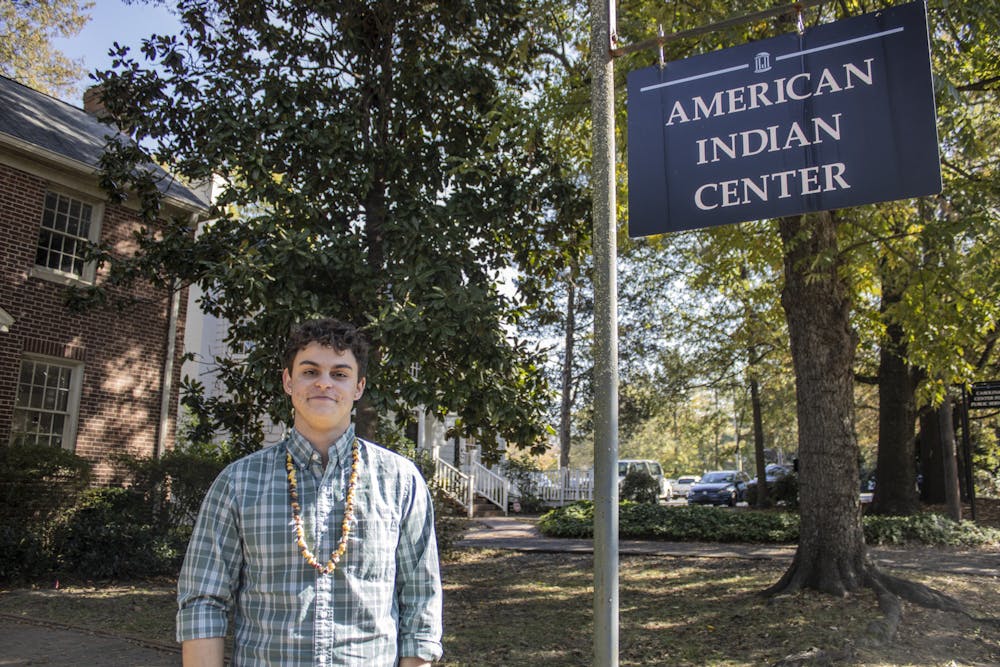November is Native American Heritage Month — a time to honor the traditions and stories of Native American, Native Hawaiian, Alaska Native and associated Island communities. North Carolina is home to the largest Native population east of the Mississippi River.
In October 2021, the Biden Administration officially declared November as National Native American Heritage Month because it concludes the traditional harvest season. There are currently 574 federally recognized tribes in the United States and numerous tribes still seeking federal recognition.
There are eight state-recognized tribes in North Carolina — the Eastern Band of Cherokee Indians, the Lumbee, the Coharie, the Meherrin, the Sappony, the Waccamaw Siouan, the Occaneechi Band of the Saponi Nation and the Haliwa-Saponi.
The Eastern Band of Cherokee Indians is the only federally recognized tribe in the state.
Greg Richardson, the executive director of the N.C. Department of Administration's Commission of Indian Affairs, said it is important for every population to know about their heritage, culture and where they come from.
“We know our history, we know our legends, we know the various historic things that have happened to our population throughout the history of the United States,” he said.
He also said it is important to continue to educate the public about Native Americans to know that they are still here.
“It's just a way of keeping our legacy alive in terms of who we are as a people,” he said.
Wanda Burns-Ramsey, the president of the Triangle Native American Society and member of the Lumbee Tribe, said her family has historically struggled with maintaining their identity.




